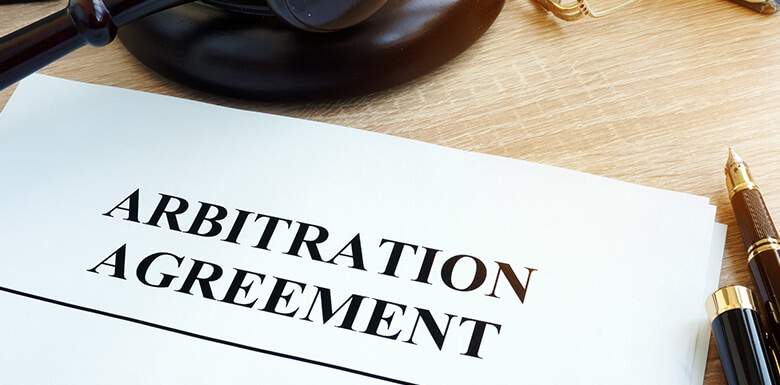
The Jones Act establishes a sailor’s right to sue their employer for negligence or unseaworthiness in the wake of an injury at sea. Unfortunately, some injured maritime professionals sign away their right to a jury trial, and agree to arbitration instead. This puts the injured sailor at a disadvantage, because settlements that result from Jones Act arbitration are usually much lower than those obtained through a jury trial. For this reason, you should talk to a trusted legal professional before signing an arbitration agreement about the compensation of your maritime injury.
At The Krist Law Firm, P.C., we have built our reputation on our ability to obtain positive case outcomes for our clients through both the civil trial process and arbitration. Clients often get more when they resolve their claims through litigation. Why else would shipowners prefer arbitration?
If you’ve been injured at sea, contact us today at (281) 283-8500 today to schedule a free consultation with one of our Houston Jones Act lawyers.
You Cannot Be Forced to Enter Arbitration – Unless You Sign Away Your Right to Trial
The Jones Act does not specifically mention arbitration, and focuses more on detailing who is entitled to a federal trial after a maritime injury. Arbitration is a less expensive alternative to a trial, because it is much less formal, and a private attorney will hear the evidence and reach a decision. Unlike a trial, you cannot appeal the result of an arbitration. Because of this, and the fact that arbitration awards are generally smaller than jury awards, shipowners prefer that injury claims go this route.
You may be wondering why any maritime professional would ever sign away their right to sue their employer after they have been injured. In reality, many of them do just that, for any of the following reasons:
- The employer or shipowner convinces the sailor that arbitration of the claim will make the compensation process go faster, which is technically true, as the average arbitration takes 15 months while maritime courts take on average at least 18 months.
- The employer threatens to cut off or to reduce the sailor’s maintenance and cure benefits unless they sign an arbitration agreement, which is both illegal and rare.
- The employer offers to increase the injured sailor’s maintenance and cure, or to pay future wages upfront in exchange for the sailor signing an arbitration agreement.
The last scenario is by far the most common. And sometimes, it may seem like the best – or only option. After an accident, you may be struggling to make ends meet for you and your family. When you are unable to work, your maintenance and cure benefits may not be enough to pay the bills, so the promise of immediate cash is understandably attractive. But if there is any way for you and your family to get by in the immediate future, you will probably benefit from refusing arbitration and taking your claim to court.
How a Houston Maritime Injury Lawyer Can Help
When a Houston maritime attorney from The Krist Law Firm, P.C. takes your claim to trial, we will thoroughly investigate the circumstances that caused your injury to convince the jury that it was due to either the unseaworthiness of the vessel, or the negligence of the shipowner and their agents. We will painstakingly document your medical expenses and explain how your injury has affected your future earning ability in order to maximize your award.
If you want to get the compensation you deserve after a maritime injury, contact us today at (281) 283-8500</a for a free evaluation of your case.

